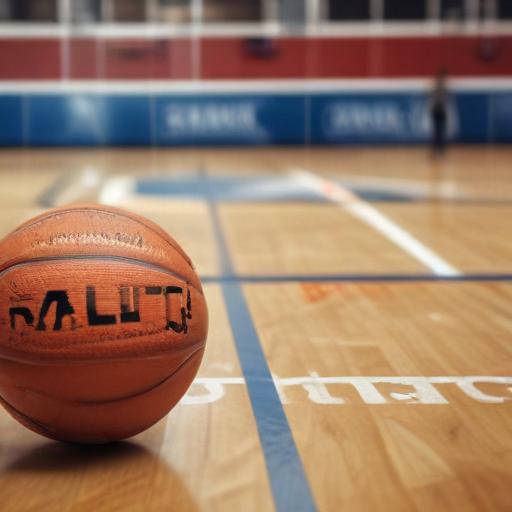Draymond Green has emerged as a strong advocate for fellow NBA player Jalen Green, particularly in light of criticism regarding Jalen’s relationship with television personality Draya Michele. During a recent appearance on The Pivot Podcast, Draymond passionately defended Jalen, emphasizing the significance of supporting peers facing unwarranted scrutiny.
Expressing his commitment to stand by athletes in times of criticism, Draymond stated, “If I ever hear something like that, it ain’t even gotta involve me.” This sentiment highlights the strong camaraderie that exists among professional athletes, reinforcing the notion that they should uplift one another amid external pressures.
As Jalen Green gains prominence in the league, he has become accustomed to the public gaze, with detractors scrutinizing his personal life—particularly his relationship with the 40-year-old Draya Michele. Draymond’s defense serves as a powerful reminder that personal relationships should be approached with respect and understanding, free from societal judgments related to age or other factors.
Green’s stance represents a broader culture of mutual support in sports, emphasizing the importance of solidarity among athletes. In an environment often rife with competition and public standards, Draymond’s advocacy encourages fellow athletes to support one another, allowing for a collaborative spirit even under challenging conditions.
This ongoing dialogue not only sheds light on Jalen and Draya’s relationship but also challenges societal perceptions regarding personal choices. Draymond Green’s vocal support pushes for a reevaluation of how public figures navigate their private lives, asserting that personal happiness should prevail over public opinion. His stance exemplifies the potential for athletes to redefine narratives and promote acceptance.
As the conversation around relationships in the spotlight evolves, Draymond Green’s unwavering defense of Jalen Green serves to highlight the importance of friendship and respect within the sports community. It illustrates that behind the athletic achievements, athletes are individuals with their own unique narratives. This solidarity fosters a culture of acceptance that encourages individuals to embrace their true selves, inspiring others to celebrate love in all its forms amidst a society often quick to judge.
